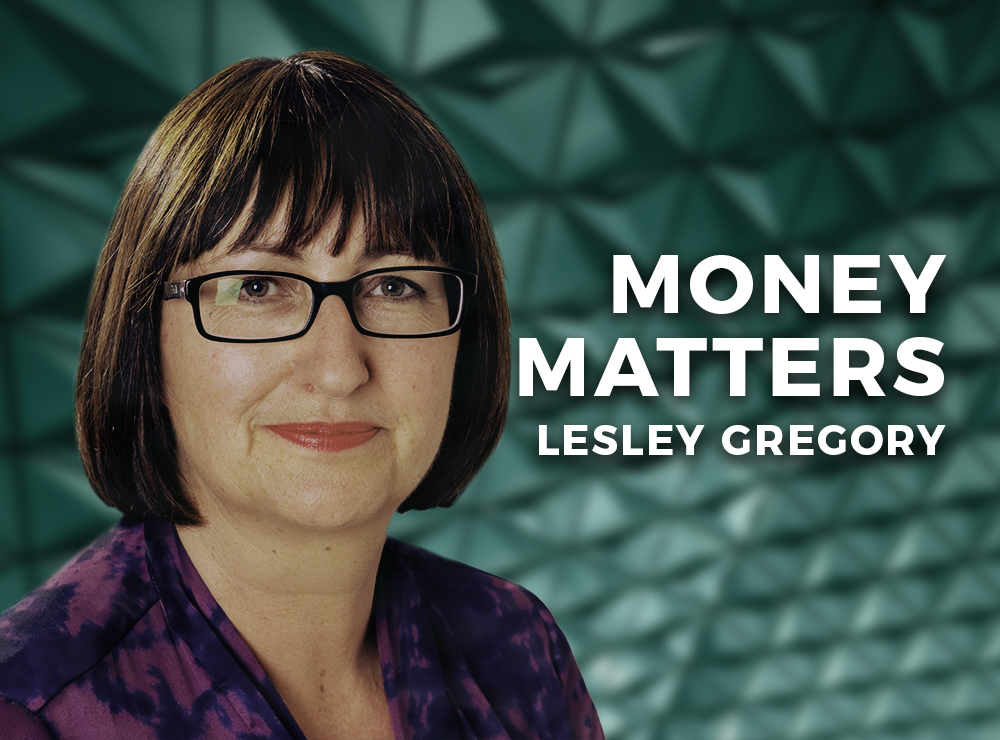
By LESLEY GREGORY
The call centre operator congratulated me yesterday on the number of years I’d been a customer. But having all my household insurances with the same company for all those years is not necessarily a good thing.
A new study has found that consumers who don’t regularly shop around and switch insurer – or negotiate with their current provider – end up paying above-average premiums.
The UK study estimates that about one in three people may be paying more for their insurance than they need to, and if they were instead paying the average premium the total saving could be a whopping £1.2 billion a year.
If you don’t actively check a price increase at renewal you may be falling foul of “price walking” – where an insurer automatically ups the price every year even though it’s not costing them any more to supply the insurance, and they’re offering the same policy for less to new customers.
So, what should you do the next time your policy renewal notice arrives?
Shop around
You usually get about a month’s notice that your policy is due to expire (or, more likely, automatically renew). Start work on getting some comparison quotes.
Price match
If you’ve been happy with your insurer’s service, negotiate with them. Ask them to “price match” the best quote you’ve received from your shopping exercise. The study found that many consumers who negotiated did in fact get a better deal. Often, customer service operators have access to predetermined discounts they’re allowed to offer – if a customer asks.
Look for new products from the same insurer
Ask whether you’re in an old or “legacy” product and whether there’s a better-priced and newer product you could switch into. Find out first, though, whether the new product has the features you like in your existing policy. Ask what the differences are.
Be firm
The UK study found that, in setting prices, insurers factored in whether they thought someone would actually leave. Make it clear you will leave if you don’t get a better deal, and follow through (otherwise they’ll know next time that you bluffed).
Bundle
Will you get a better price if you ‘bundle‘ a few insurances together? Just make sure you’re confident that the one insurer will provide the best service in all circumstances, whether it’s car or contents insurance.
Check whether the cover still tallies with your needs
Be mindful of automatic increases to coverage (not just the premium itself) and assess whether you really need your cover to increase by that amount. (By the same token, make sure your cover doesn’t fall behind the amount you’d need.)
Beware auto-renewal
Consider whether the convenience of auto-renewal is worth it. Should you let the insurer know they’ll have to work for your business each and every year? Check, though, whether you’ll get a cheaper premium for auto-renewal.
LESLEY GREGORY is an experienced consumer and personal finance journalist. She regularly writes for TEBI’s Money Matters series about the parts of finance not directly related to investing. For more personal finance insights, here’s a selection of her recent articles:
Every purchase has an opportunity cost
Why you might regret a genetic test
Investment scams to watch out for
Eight scams to guard yourself against
Eight questions to ask when renewing your phone contract
Ten tips for sorting your travel insurance










